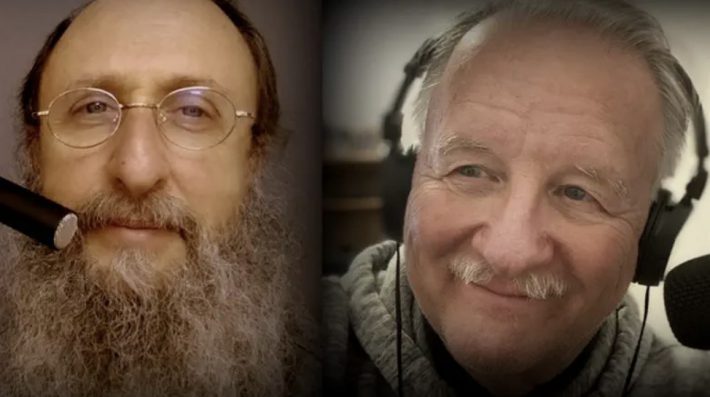The European Jewish Association condemns Belgium’s interrogation of Israeli festivalgoers as a dangerous display of political bias and judicial double standards.
EJA: Belgium’s Targeting of Israeli Tomorrowland Attendees Reveals Alarming Judicial Bias
The European Jewish Association (EJA) issued a sharply worded statement on Monday, denouncing the treatment of two Israeli attendees at the Tomorrowland music festival by Belgian authorities, who were reportedly questioned in connection with war crimes allegations linked to their service in the Israel Defense Forces (IDF).
The interrogation followed a politically charged complaint filed by a known supporter of Hezbollah, a U.S.- and EU-designated terrorist organization responsible for countless civilian deaths. The EJA warns that such actions dangerously blur the line between legitimate law enforcement and ideological persecution.
EJA Chairman Rabbi Menachem Margolin condemned the move as a reflection of a “distorted moral compass” within Belgian legal institutions. “IDF soldiers serve their country under a democratic, rule-based framework just like any soldier in NATO or Western forces. Singling them out while ignoring known supporters of terror amounts to an alarming miscarriage of justice,” said Rabbi Margolin.
He further questioned Belgium’s selective enforcement of international norms, noting the absence of similar investigations against individuals linked to regimes like Iran, China, Turkey, or Western states engaged in military campaigns abroad. “Why is Israel the perennial scapegoat?” he asked.
Joining the chorus of concern was Belgian Member of Parliament Michael Freilich, who also serves as EJA’s special envoy on combating antisemitism. Freilich emphasized that Belgium must not become a country where Jews and Israelis are subject to political witch hunts masquerading as human rights activism. “We must ensure that our legal system is not hijacked by those with extremist agendas,” he warned.
The incident underscores growing fears among European Jewish communities that anti-Israel sentiment is increasingly being weaponized through legal and cultural institutions, eroding public trust and emboldening radical actors under the veil of justice.





